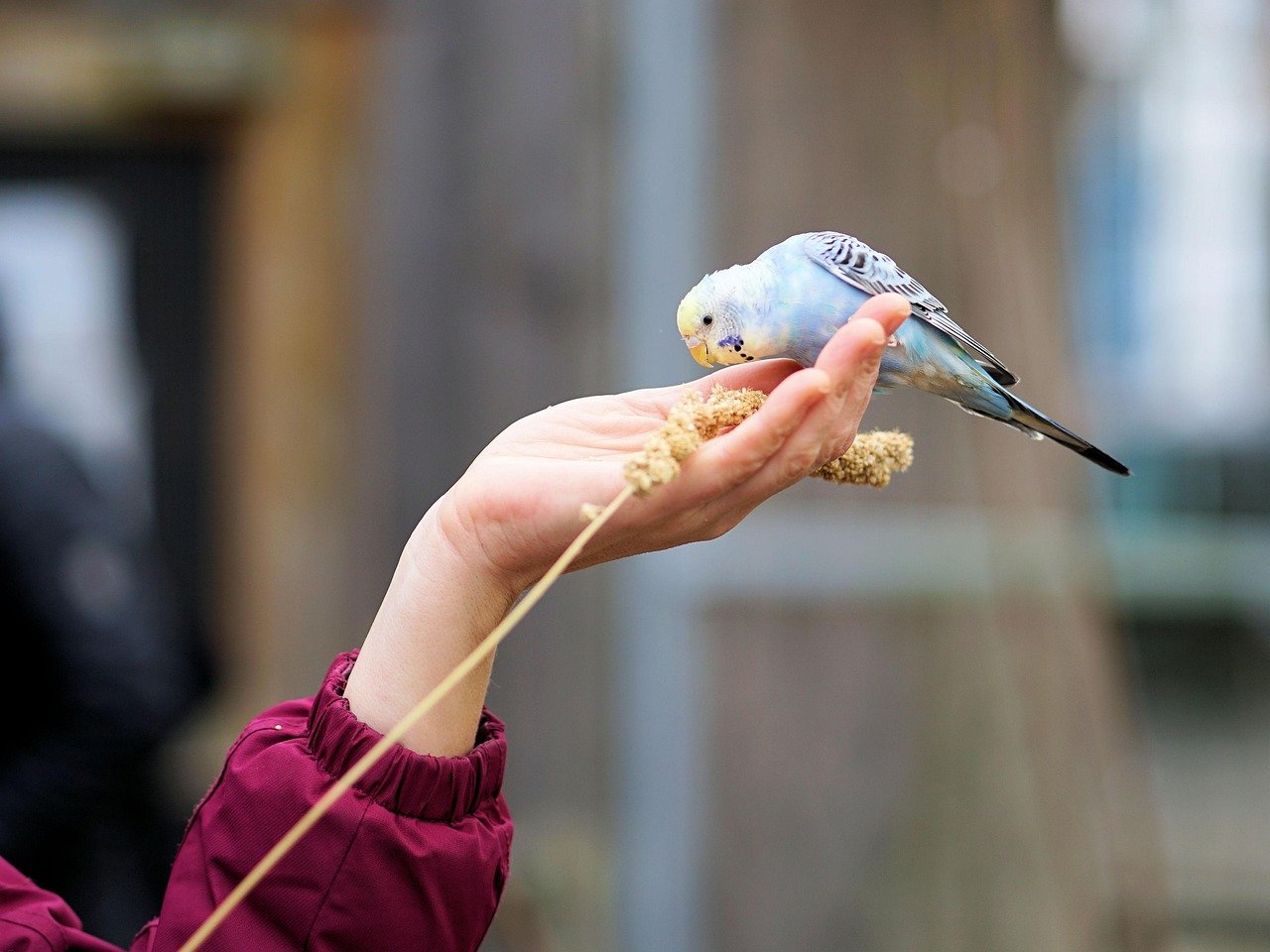Have you ever watched a budgie light up at the sound of laughter or the sight of another bird? These tiny, vibrant creatures have an emotional world far bigger than their small bodies suggest. For budgie lovers, understanding how deeply these birds crave companionship isn’t just fascinating—it’s essential for their happiness and well-being. Let’s dive into the surprising ways social interaction shapes the lives of budgies, unlocking secrets that every bird owner should know.
Budgies may be tiny, but their need for social time is anything but small. These lively little birds absolutely thrive when they get daily interaction—whether it’s chatting with you, playing with toys, or bonding with another budgie. Social time keeps them happy, mentally stimulated, and full of personality. Without it, they can get bored or even lonely. So if you’ve got a budgie, don’t forget—they’re all about connection and company!
The Natural Social Life of Budgies
In the wild, budgies are rarely seen alone. These cheerful little parrots live in flocks that can number in the hundreds or even thousands. This natural tendency to gather isn’t just about safety from predators—it’s how they build trust, share information about food, and even play. When kept as pets, budgies carry this instinct with them, feeling most secure and content when they have a friend or two by their side. Just imagine living your whole life surrounded by friends, always having someone to chat with or snuggle up next to—that’s a budgie’s ideal world.
Why Loneliness Hits Budgies So Hard
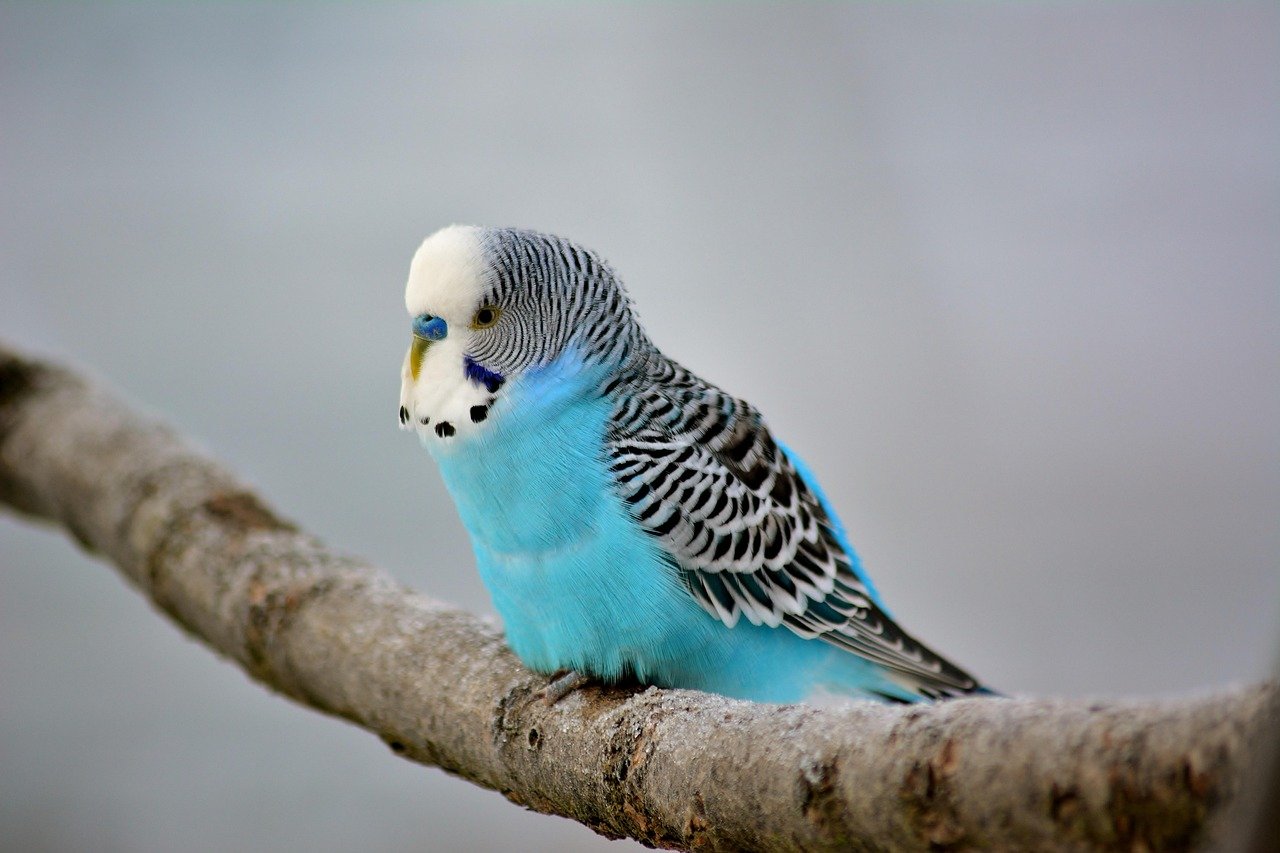
Loneliness isn’t just sad for a budgie—it can be devastating. These birds are biologically wired for companionship, and isolation can lead to anxiety, depression, and even physical illness. A lonely budgie might pluck its own feathers, scream for attention, or retreat into silence. It’s heartbreaking to witness, especially when you realize how much joy they get from simple social gestures. Think of a budgie left alone like a child at an empty playground, longing for someone to play with. Their spirit dims without that daily connection.
Signs Your Budgie Needs More Social Time
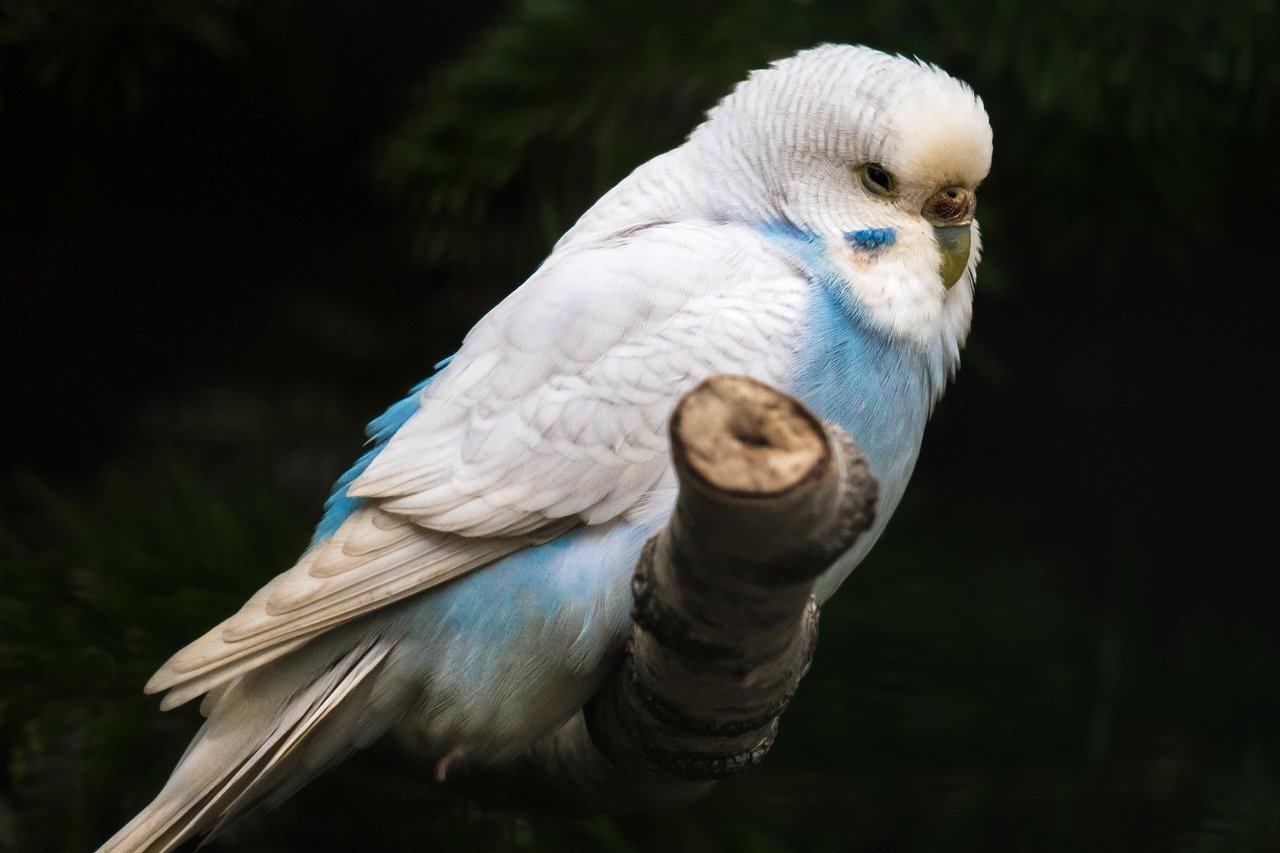
Budgies aren’t shy about showing their feelings. If your feathered friend starts acting withdrawn, stops singing, or refuses to eat, it could be a cry for more social interaction. Some budgies become clingy with their humans, while others might get nippy or restless. Watch for changes in their usual chirping, playful antics, or grooming habits. A happy, well-socialized budgie is a whirlwind of energy—if that spark fades, it’s time to consider their social needs more closely.
The Power of Budgie-to-Budgie Bonding
Nothing compares to the bond between two budgies. When paired, they preen each other, share food, and sing duets that can lift anyone’s mood. Watching two budgies interact is like seeing a dance—each movement, chirp, and head bob is a conversation. Pairing your budgie with a companion doesn’t just banish loneliness; it opens up a world of playful discovery. Even with human interaction, another budgie provides comfort in a way we simply can’t replicate.
How Humans Can Be Great Budgie Companions
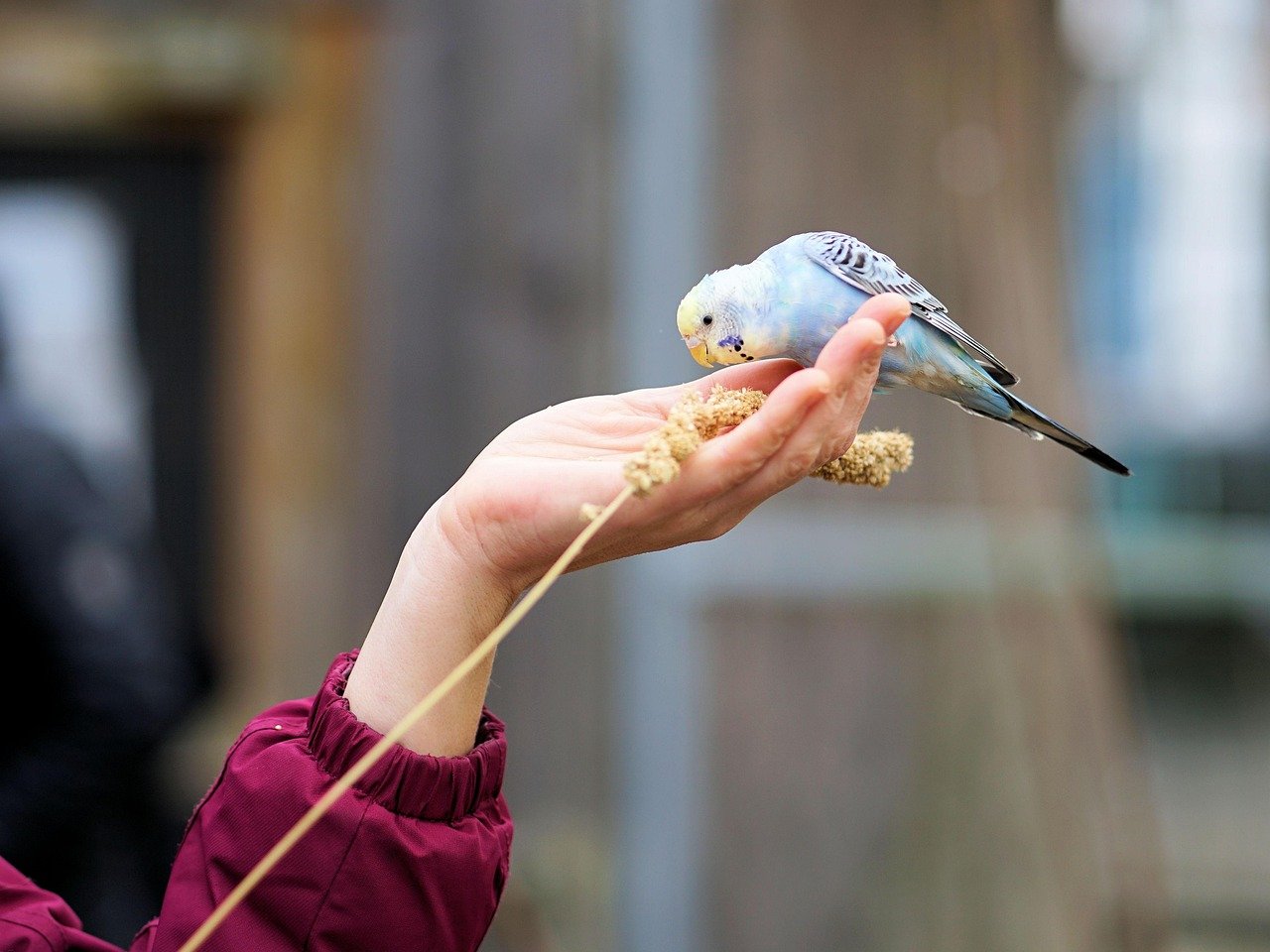
Budgies are incredibly clever and can form deep bonds with people. If you’re your budgie’s primary companion, your attention becomes their lifeline. Simple acts like talking to them, whistling, or just sitting nearby can make a world of difference. Try mimicking their chirps or offering treats by hand. Remember, to your budgie, you are part of their flock. The more you engage, the more they’ll thrive—sometimes even learning to talk back!
Creating a Social Environment at Home
A stimulating environment helps budgies feel connected, even when you’re not around. Place their cage in a lively part of the house where they can watch the world go by. Hang mirrors, provide a variety of toys, and rearrange perches to keep things interesting. Play gentle music or nature sounds to mimic the noise of a flock. These small touches can keep a single budgie’s world vibrant and full of life.
Introducing New Budgies: The Right Way
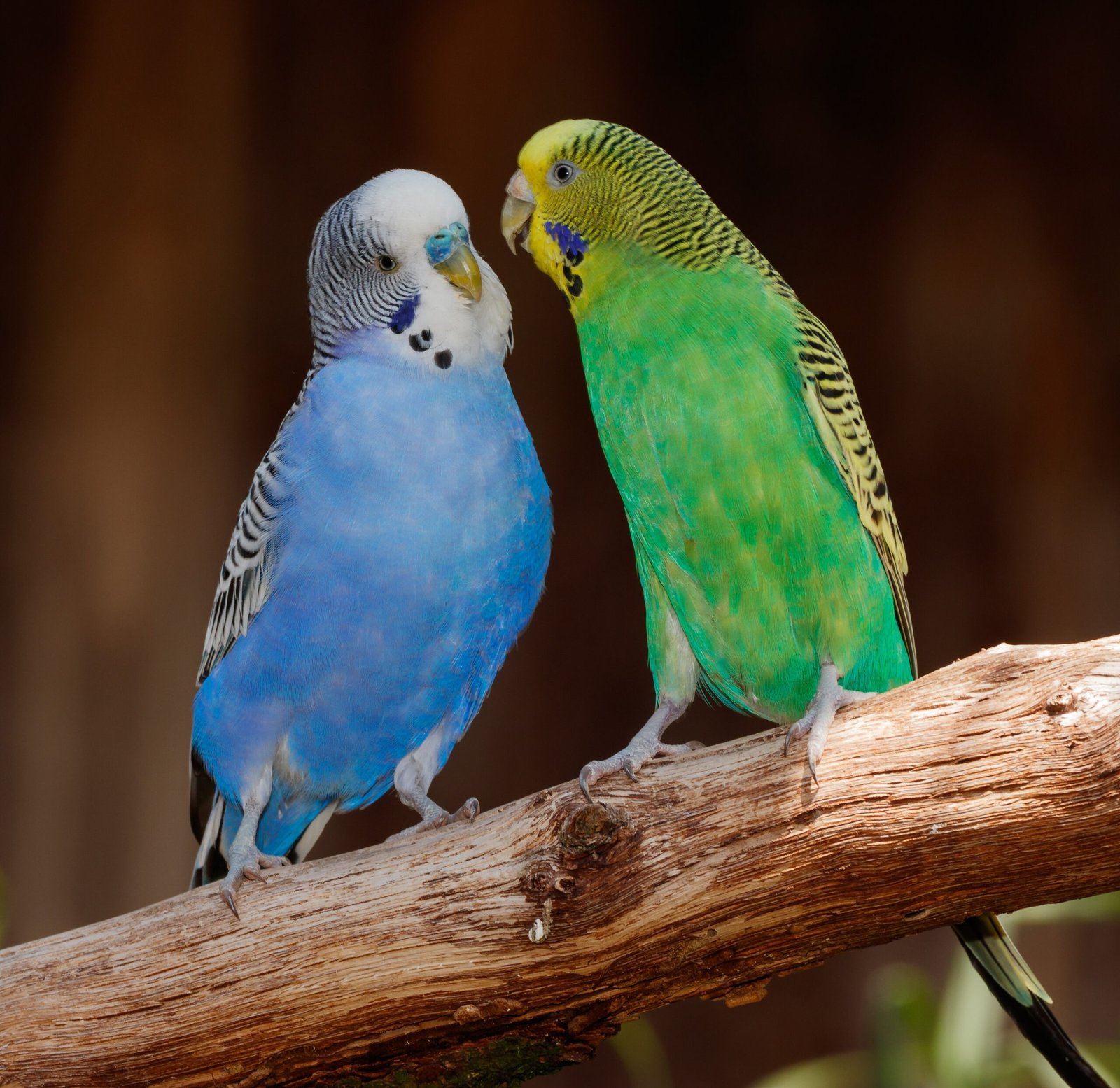
Bringing a new budgie home is exciting but requires patience. Start by placing their cages near each other so they can get used to one another’s presence. Gradually allow supervised interactions, watching for signs of aggression or fear. With time and gentle introductions, most budgies become fast friends. Remember, forcing a relationship can backfire—let them set the pace.
The Role of Play in Budgie Socialization
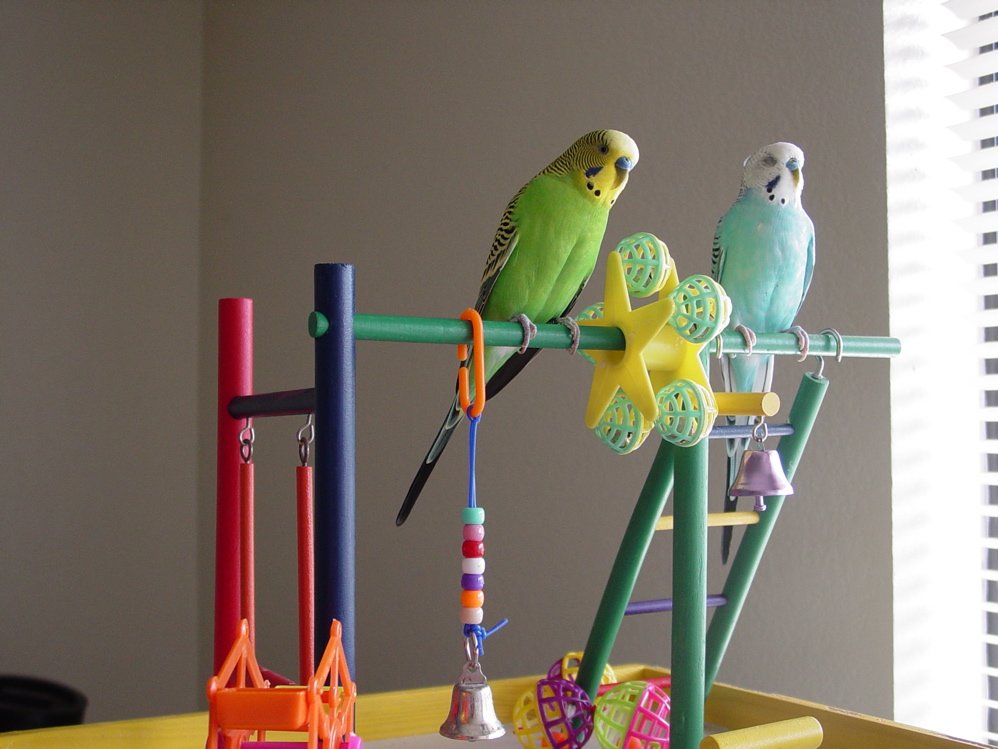
Play isn’t just fun for budgies—it’s essential for their social development. Through games like “follow the leader,” mirror play, or chasing bells, budgies learn communication skills and build trust. Set up play sessions with safe toys and let your budgie explore outside the cage with you. This not only strengthens your bond but also keeps their minds sharp and spirits high.
Common Mistakes in Budgie Socialization
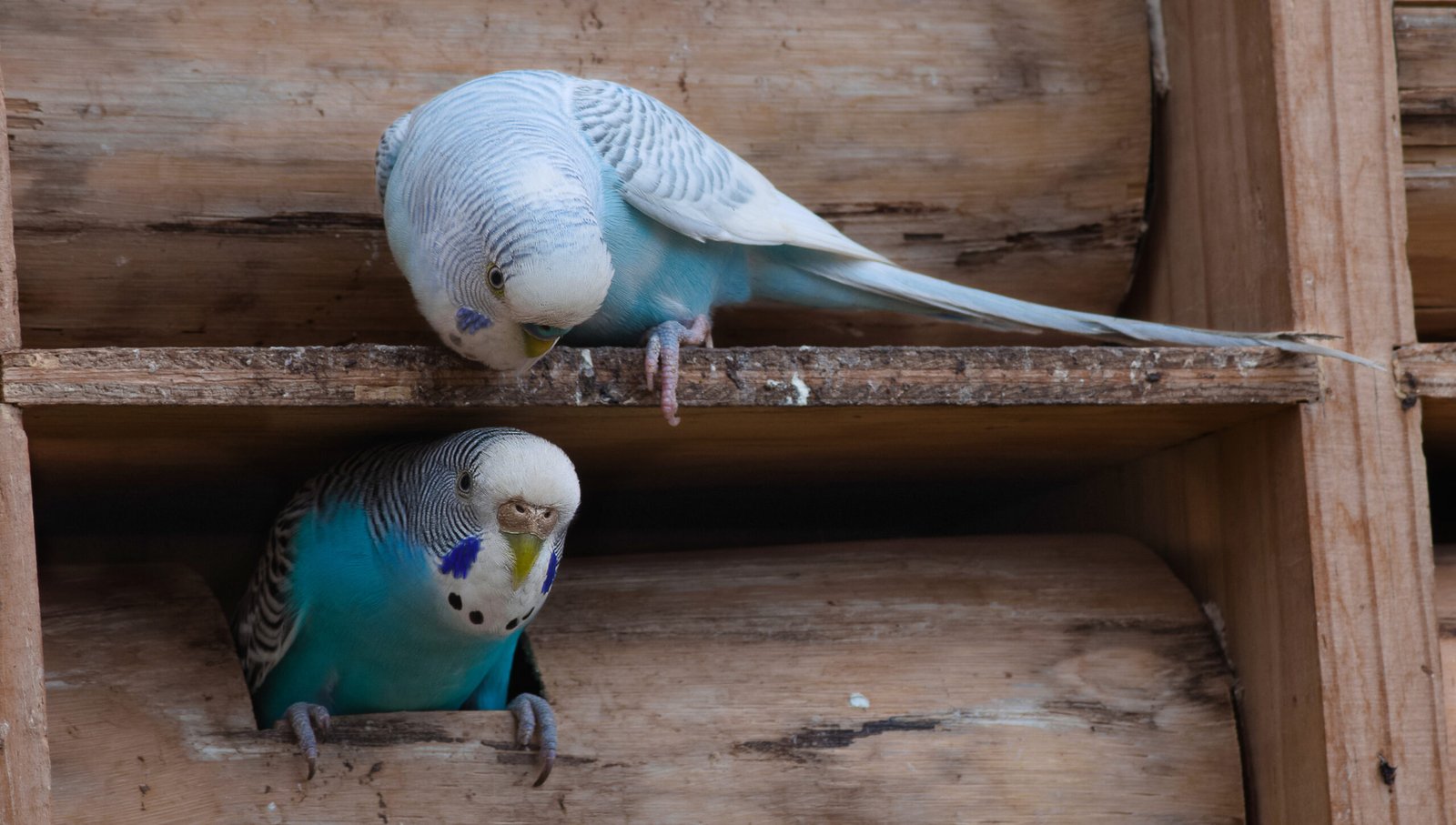
Even with the best intentions, it’s easy to make mistakes. Some owners think a mirror can replace a real budgie, or that a few minutes of attention is enough. Others might introduce new birds too quickly, causing stress or fights. Overhandling can also overwhelm shy birds. The key is balance—consistent, gentle interaction that respects your budgie’s comfort zone.
Simple Ways to Enrich Your Budgie’s Social Life
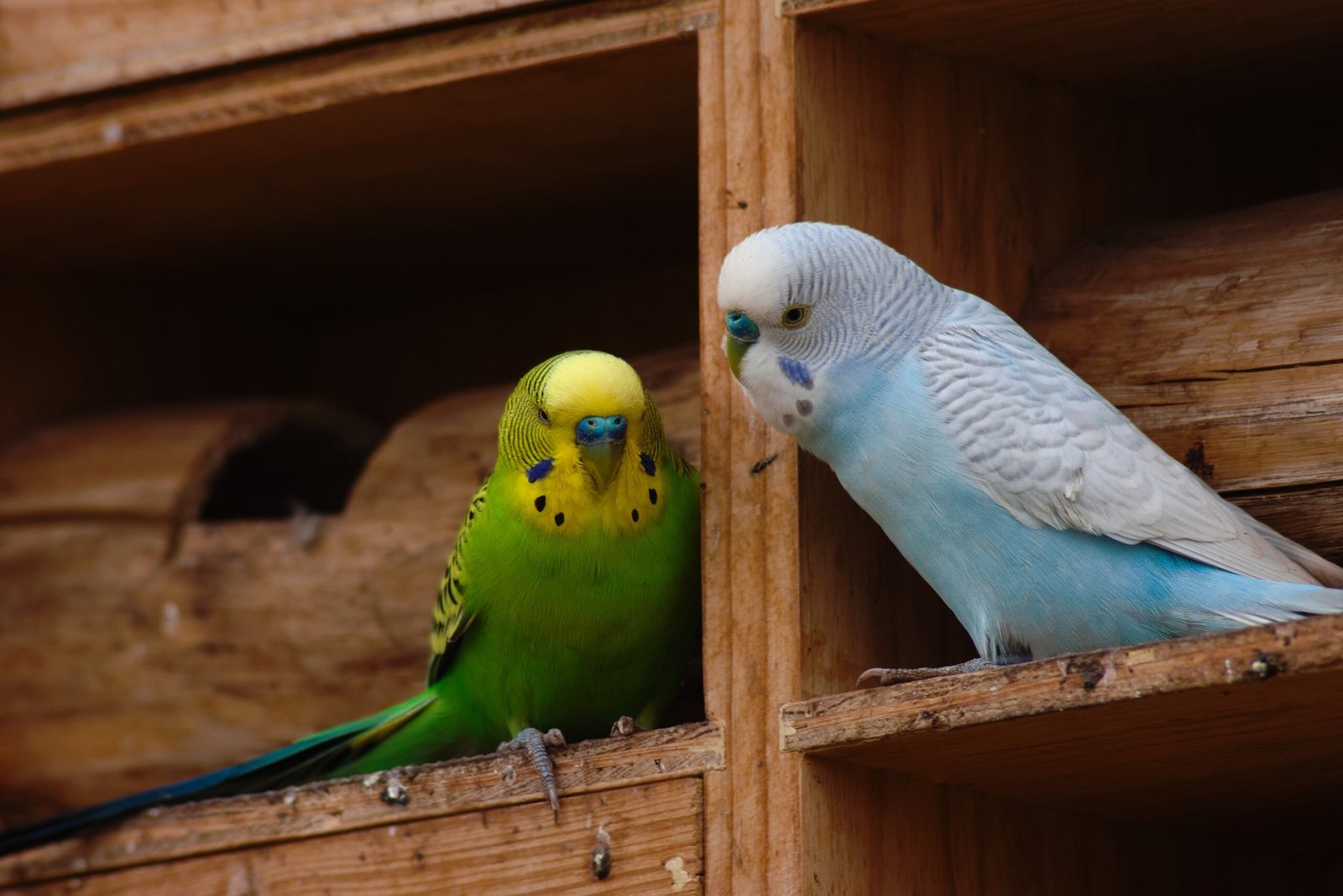
You don’t need fancy gadgets to make your budgie feel loved. Spend time talking, whistling, and sharing little treats. Rotate their toys to keep things fresh. If possible, consider adopting a second budgie so they always have company. Even setting aside a few minutes each day for one-on-one time can transform your budgie’s mood and health.
At the end of the day, a happy budgie is one that feels connected and included. Whether it’s through daily chats, playtime, or a feathered friend, social interaction is key to their well-being. The more love and attention you give, the more their personality shines. So keep the conversation going—your budgie’s happiness depends on it! What’s your favorite way to connect with your budgie?

